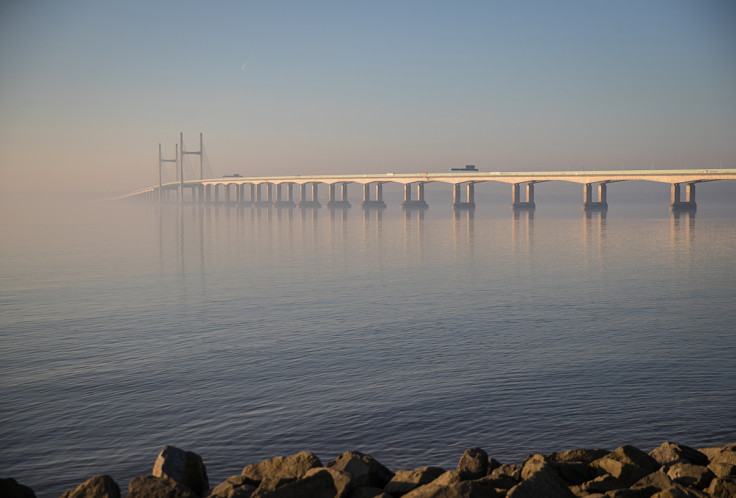Travelling to Wales will be cheaper as government plans to abolish all River Severn tolls in 2018
Tolls have been in place for 50 years and a season ticket can cost up to £396 for lorries.

All the tolls on the Severn Crossing will be abolished by the end of 2018 the government announced on Friday (21 July), in a move that could deliver a £100m ($130m) boost to the Welsh economy.
Over the last half a century, motorists have had to pay to cross from south-west England into south Wales. Severn Crossings has operated the tolls since 1992, when it was given the right to collect payment for 25 years after it built an additional crossing to the original bridge, which was constructed in 1966.
The toll currently costs £6.70 and £20 for cars and lorries respectively, with season tickets starting at £117.92 a month for small vehicles, rising to £235.84 and £396 for medium-sized and larger vehicles respectively.
Some motorist, however, have spent as much as £1,400 over 12 months, according to industry data.
In her campaign ahead of last month's General Election, Prime Minister Theresa May unveiled plans to abolish the tolls, which have often been described as a "tax on Wales".
Welsh secretary Alun Cairns welcomed the decision, indicating it sent a powerful message to businesses, commuters and tourists alike that the UK government was committed to strengthening the Welsh economy.
"By ending tolls for the 25 million annual journeys between two nations, we will strengthen the links between communities and help to transform the joint economic prospects of south Wales and the south-west of England," he said.
"I want to ensure that visitors and investors know what Wales has to offer socially, culturally and economically. Most importantly, I want the world to know how accessible we are to business."
Others, however, were not as welcoming of the decision.
Welsh first minister, Carwyn Jones, dismissed the announcement as a deflection, as it came a day after the government unveiled plans to scrap rail electrification between Cardiff and Swansea.
"This is nothing but a desperate attempt by Alun Cairns to distract from yesterday's U-turn on electrification to Swansea," said Jones.
Debate has also arisen over who should own the crossings, which will return to public ownership next year and will be operated by Highway England.
Plaid Cymru transport spokesman Jonathan Edwards told Wales Online: "My position is that the ownership of the main supply route into the Welsh economy has to [rest with] the Welsh Government.
"The question does come: What is the purpose of the Wales Office within the British Government [...] It clearly has no influence over the British Government as a whole."
© Copyright IBTimes 2024. All rights reserved.






